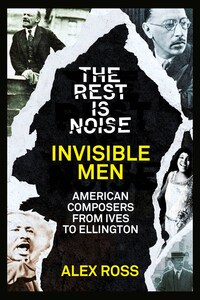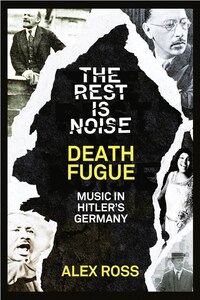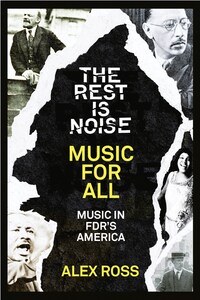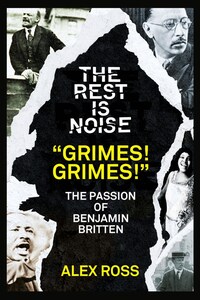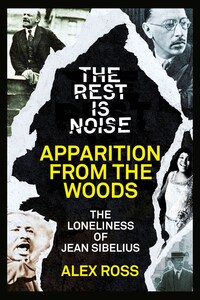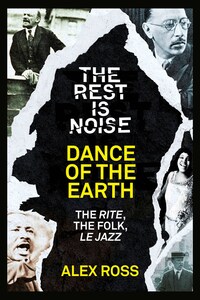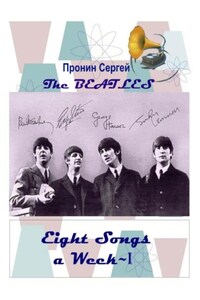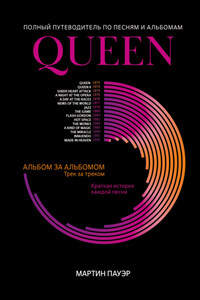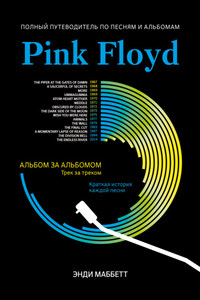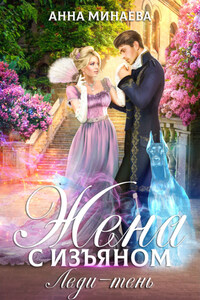4 INVISIBLE MEN
American Composers from Ives to Ellington
To understand the cultural unease that gripped composers in the Roaring Twenties, one need only read the work of Carl Van Vechten, the American critic, novelist, and social gadfly who, in the 1920s, more or less defected from classical music to jazz and blues. The writer started out as a second-string music critic at the New York Times, dutifully chronicling the city’s concert life in the years before the First World War. During an extended stay in Paris, he warmed to the European moderns and witnessed the riot of the Rite in the company of Gertrude Stein. By the end of the war, though, Van Vechten was getting his kicks chiefly from popular music, and in a 1917 essay he predicted that Irving Berlin and other Tin Pan Alley songwriters would be considered “the true grandfathers of the Great American Composer of the year 2001.” Finally, he pledged his allegiance to African-American culture, writing off concert music as a spent force. In the controversial 1926 novel Nigger Heaven, he observed that black artists were in complete possession of the “primitive birthright ... that all the civilized races were struggling to get back to—this fact explained the art of a Picasso or a Stravinsky.”
The writings of Van Vechten, Gilbert Seldes, and other rebellious young American intellectuals of the twenties show a paradigm shift under way. They depict popular artists not as entertainers but as major artists, modernists from the social margins. In the twenties, for the first time in history, classical composers lacked assurance that they were the sole guardians of the grail of progress. Other innovators and progenitors were emerging. They were American. They often lacked the polish of a conservatory education. And, increasingly, they were black.
One nineteenth-century composer saw this change coming, or at least sensed it. In 1892, the Czech master Antonín Dvořák, whose feeling for his native culture had inspired the young Janáček, went to New York to teach at the newly instituted National Conservatory. A man of rural peasant origins, Dvořák had few prejudices about the social background or skin color of prospective talent. In Manhattan he befriended the young black singer and composer Harry T. Burleigh, who introduced him to the African-American spirituals. Dvořák decided that this music held the key to America’s musical future. He began plotting a new symphonic work that would draw on African-American and Native American material: the mighty Ninth Symphony, subtitled “From the New World.” With the help of a ghostwriter, Dvořák also aired his views in public, in an article titled “Real Value of Negro Melodies,” which appeared in the New York Herald on May 21, 1893:
I am now satisfied that the future music of this country must be founded upon what are called the negro melodies. This must be the real foundation of any serious and original school of composition to be developed in the United States ... All of the great musicians have borrowed from the songs of the common people. Beethoven’s most charming scherzo is based upon what might now be considered a skillfully handled negro melody ... In the negro melodies of America I discover all that is needed for a great and noble school of music. They are pathetic, tender, passionate, melancholy, solemn, religious, bold, merry, gay or what you will. It is music that suits itself to any mood or any purpose. There is nothing in the whole range of composition that cannot be supplied with themes from this source.
At a time when lynching was a social sport in the South, and in a year when excursion trains brought ten thousand people to Paris, Texas, so that they could watch a black man being paraded through town, tortured, and burned at the stake, Dvořák’s embrace of African-American spirituals was a notable gesture. The visiting celebrity didn’t just urge white composers to make use of black material; he promoted blacks themselves as composers. Most provocative of all was his imputation of a “Negro” strain in Beethoven—a heresy against the Aryan philosophies that were gaining ground in Europe.
